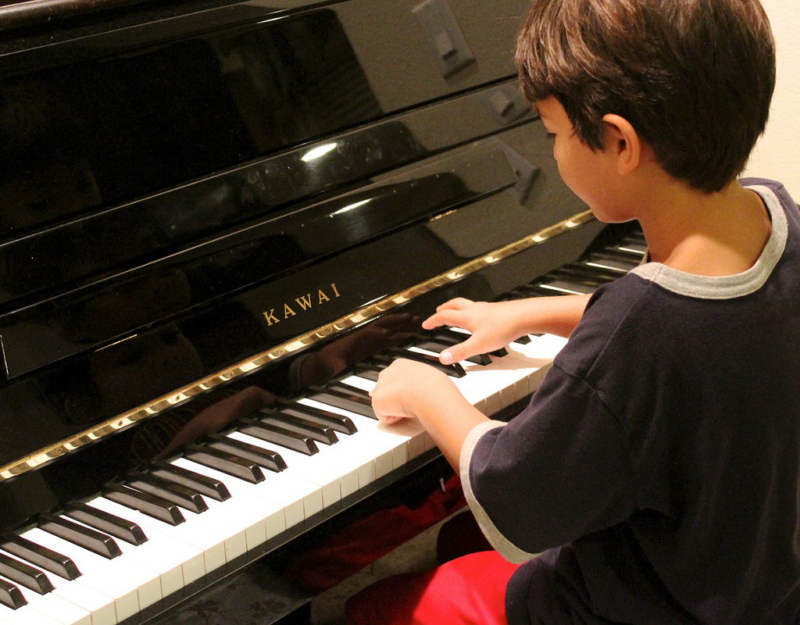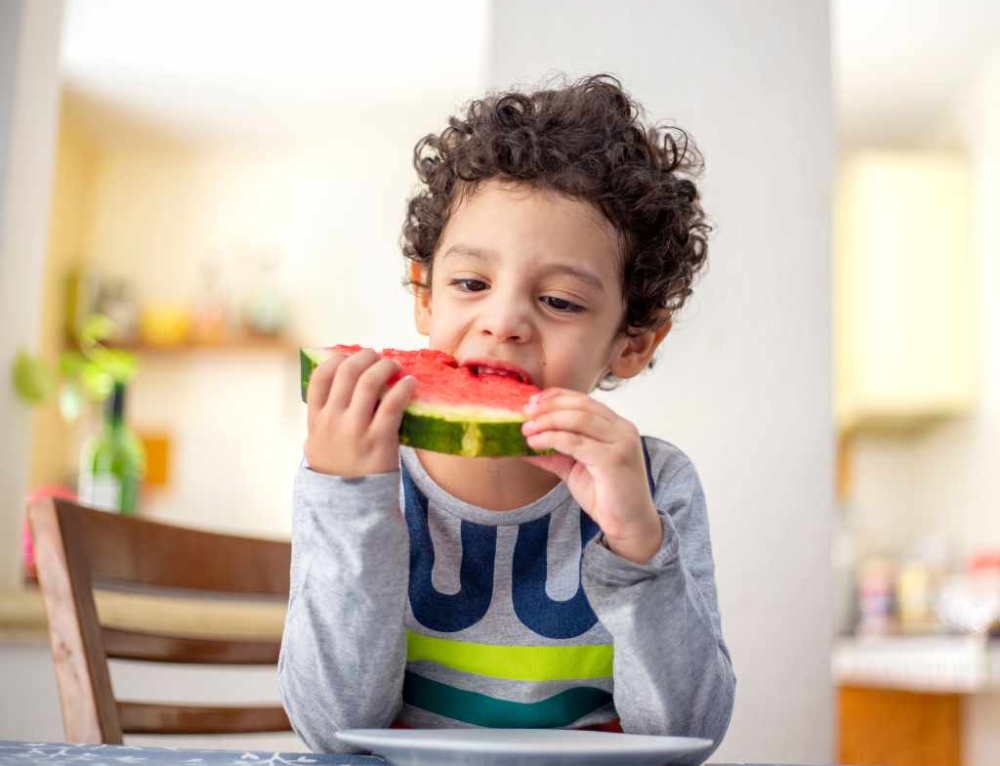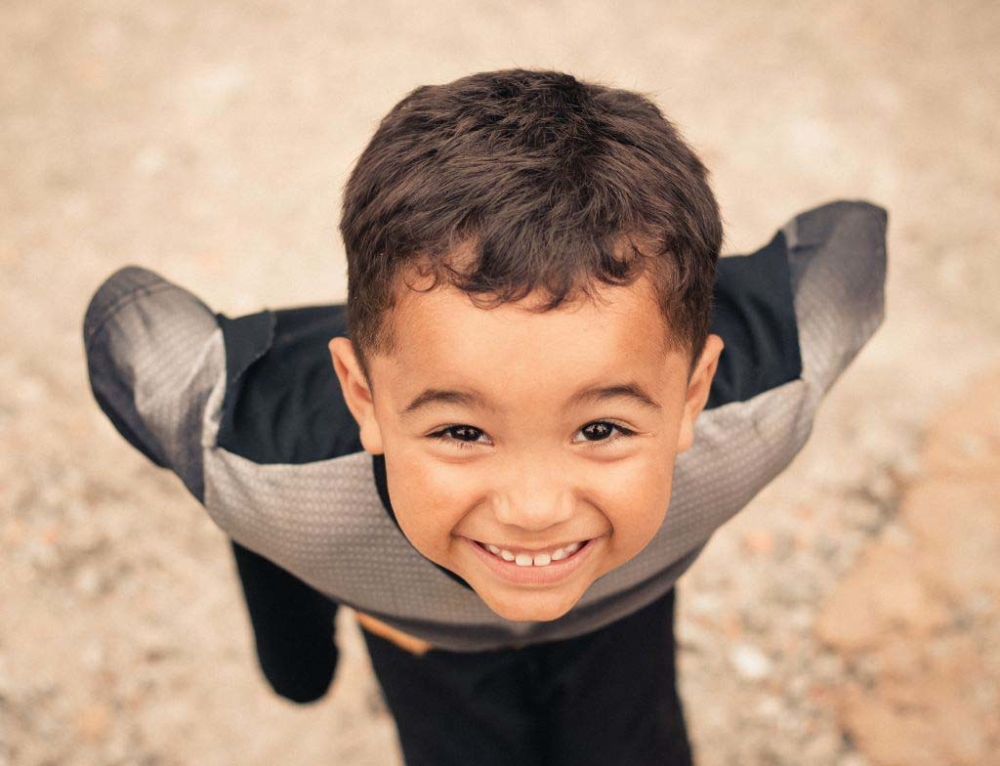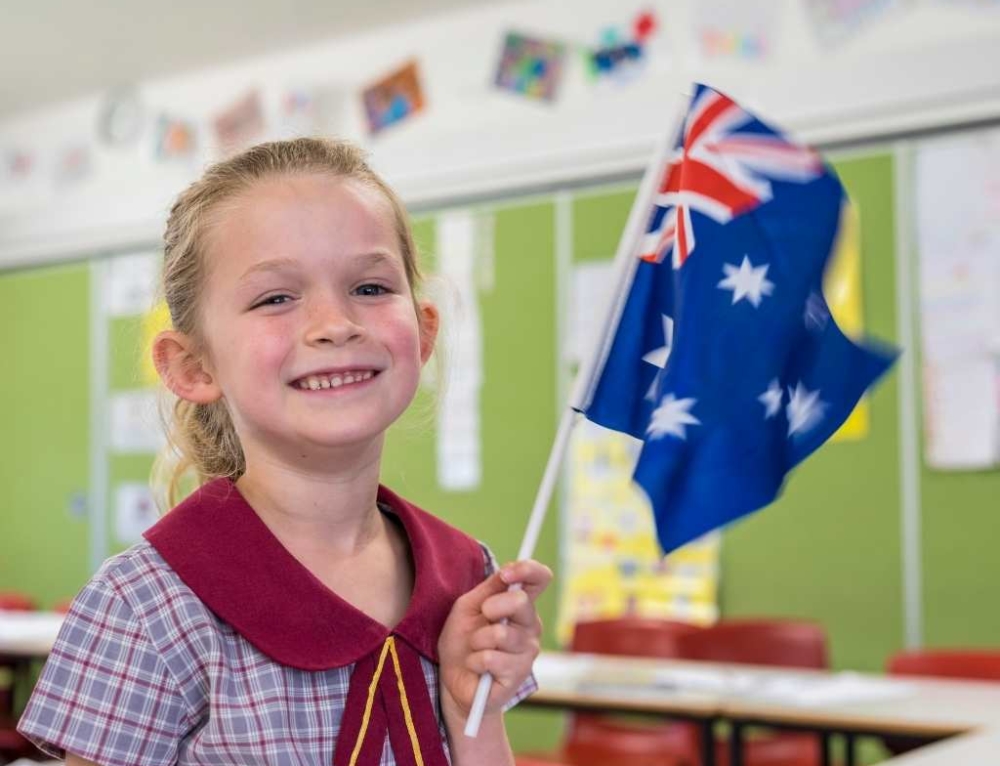The number of studies linking music to improved educational performance is impressive. Even the ancient Greek philosopher Plato said, “I would teach children music, physics and philosophy; but more importantly music; for in the patterns of music and all the arts, are the keys to learning”.
The strong case for music lessons
It seems Plato has a point. Here’s just a sample of the benefits to children of learning music, according to recent research.
- A Swiss study of 1200 children showed how playing music helped children’s reading and verbal skills by improving concentration, memory and self- expression.
- A Hong Kong study found that adults who had music training before the age of 12 years were better able to recall spoken words than adults who had little or no training in music.
- A US study discovered that children aged 5-7 years who had been lagging behind in their school performance caught up with their peers in reading and were ahead of them in maths after seven months of music lessons.
- Listening to music at any age has been found to tap directly into our innate pleasure systems, activating euphoria-inducing brain regions.
Children learning a musical instrument
Before launching into formal instrument lessons, help your child develop a love and understanding of music. Take your child to see live music performed and play CDs and discuss the instruments you can hear.
The best age to start an instrument depends on the child, his or her development and the instrument they plan to learn. We?ve all seen the pint-sized musical prodigies effortlessly playing Mozart on a violin at the age of 3, or belting out some Chopin on the piano at the age of 5.
A major sign that they’re ready is that they should want to start formal lessons and be capable of focusing during them. Being able to easily recognise numbers and letters is also helpful for when they start reading music.
Choosing a musical instrument to learn
- The recorder is a very common first instrument and good introduction to making music. Plus it can be cheaply bought at discount stores. Children can start as soon as their fingers are big enough to cover the holes. Recommended age: 5+
- The piano can be played as soon as a child can reach the keys and has enough strength to press them down. Recommended age: 5+
- Stringed instruments often come in smaller sizes for example one-eighth of full size for younger children and can be started at a very early age. Some children can handle a violin from the age of four. Recommended age: 5+ (violin); 7+ (viola and cello)
- Several wind and brass instruments are not recommended for playing until children are a little older due to the pressure placed on teeth, the actual size of the instrument, the lip strength required and the ?puff? needed to make a noise. Recommended age: 8+ (flute, clarinet); 10+ (saxophone, trumpet, trombone, french horn)
- Guitars can come in smaller sizes and tend to be a big favourite among kids in late primary. Most teachers advise starting on an acoustic guitar with nylon strings before learn electric guitar. Recommended age: 7+
- Drums, like guitars, can be a big favourite as well because of their ‘rock band’ factor, and they can be seen as easy ? they’re not! But they are fun? Recommended age: 7+
Identifying whether your child is musically gifted
Every baby, it’s said, is born with perfect pitch to help them learn to recognise their mum’s voice. But there is a school of thought which says some children are just born musically gifted.
These children at a very young age – under 2 even – may respond to music by swaying and bouncing or repeating the tune they hear pitch perfect. They may be able to copy tunes and rhythms on a piano or drum, and even recognise when a wrong note is played.
But whether they are musically gifted or musically inclined is open to debate. Nevertheless, if they have a love for music, then that is their gift.
Finding a music teacher
Many music teachers offer private or group lessons through primary schools and you may see ads for lessons in your school?s newsletter. There are also teachers who provide lessons in your home or through studios in music schools. For a listing of these go to the Kidspot Directory and have a browse.
This article was written by Fiona Baker for Kidspot, New Zealand’s leading education resource from sources including the Music Council of Australia and Parents Music Room.
- Find more classes. lessons and activities for kids
- Teaching your child resilience
- Finding the right sport for your child
- How not to be a helicopter parent







My son loves music, from singing and dancing. And I think he would be interested to learn to play either the guitar or piano. It just comes down to cost as well.
I have been contemplating getting my children into music lesson both seem to be interested in the piano and reading the above links to learn and playing music I think it’s a great idea now. I always want to play the saxophone I think in part as it looked cool and Lisa from the Simpsons played one. But you always admire people with musical talent its a great skill to have.